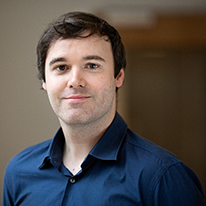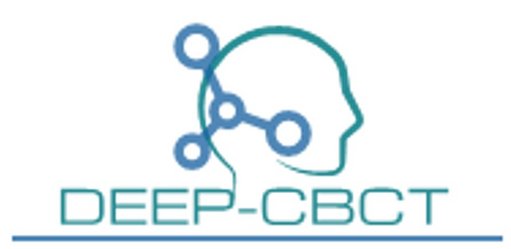
Cone-beam computed tomography (CBCT) is a radiographic imaging technique that reconstructs three-dimensional images based a series of projections acquired by a rotating X-ray tube and detector. One of the most common applications of CBCT is in dentistry and related specialties. CBCT images show high sharpness but are highly susceptible to aberrations (‘artefacts’) e.g. due to metal objects and patient motion. As a result, whereas dental CBCT scans are predominantly used for visualizing the hard tissues (i.e. bones and teeth), it is currently not feasible to quantify Hounsfield Units (HU) and/or bone mineral density (BMD) using CBCT. The current project aims to advance CBCT into an imaging technology that is able to assess bone quality in an autonomous and robust manner, by (1) developing dedicated CBCT artefact reduction techniques for X-ray scatter, beam hardening and truncation using deep learning; (2) developing a new test object for automated calibration of HU and BMD on dental CBCT scanners; (3) determining a hybrid model to express bone quality of the jaw bones based on a combination of densitometry, morphometry and deep learning.
Project title:
“DEEP-CBCT” - Next-Generation Dental Cone-beam Computed Tomography: Artefact Reduction and Bone Quality Assessment through Deep Learning
Area of research:
Medical Imaging
Fellowship period:
1 Feb 2020 - 31 Jan 2023
Fellowship type:
AIAS-COFUND II Marie Skłodowska-Curie fellow

This fellowship has received funding from the European Union’s Horizon 2020 research and innovation programme under the Marie Skłodowska-Curie grant agreement No 754513 and The Aarhus University Research Foundation.

